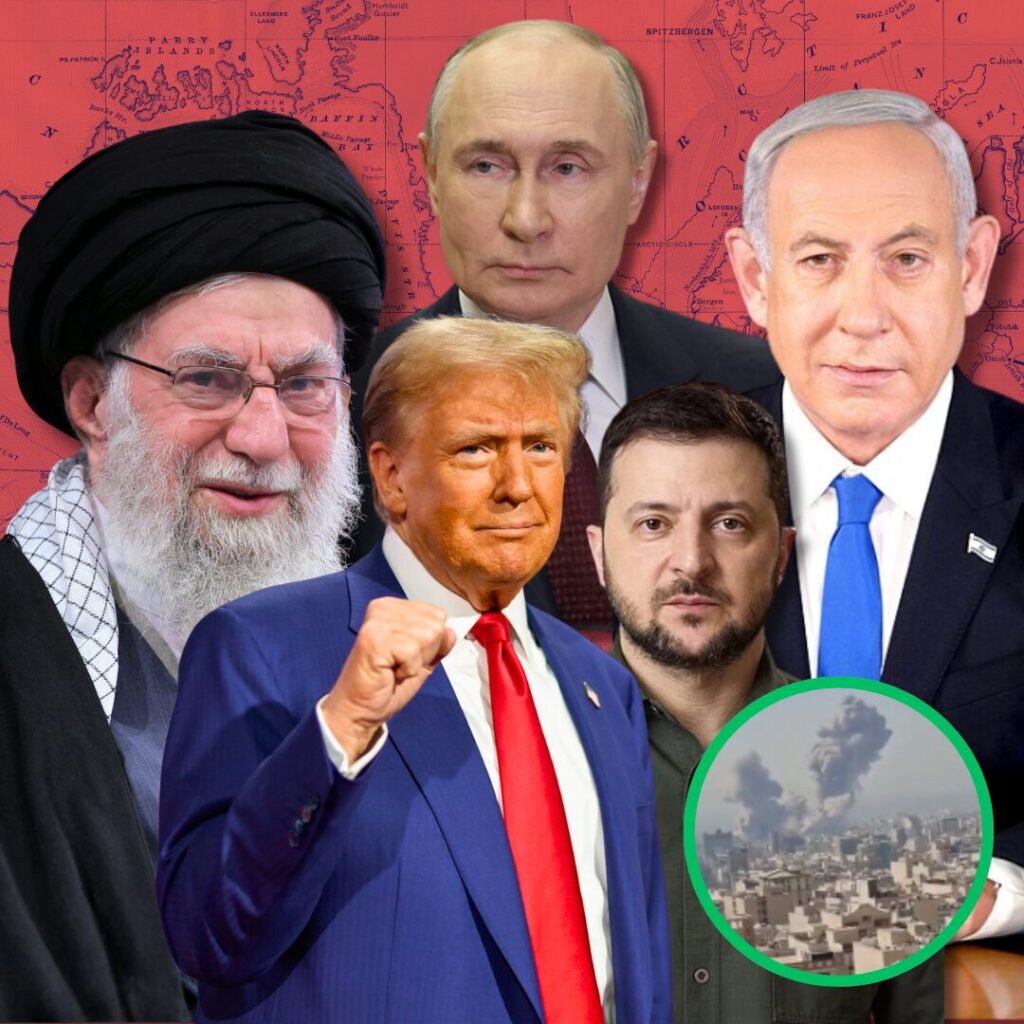Bengaluru’s Regional Transport Authority (RTA) has raised auto rickshaw fares for the first time in nearly four years, with new rates effective citywide from August 1, 2025.
The minimum fare will increase to ₹36 for the first 2 km (up from ₹30), and the per-kilometre charge rises to ₹18 (from ₹15). Night-time journeys (10 pm to 5 am) will attract a 50% surcharge.
Official notification was issued July 14, with 90 days granted for recalibrating meters. Driver unions have had mixed reactions some welcomed the hike, others argued it’s insufficient amidst rising inflation and operational costs. Commuters must prepare for higher daily expenses and new waiting and baggage charges.
A Closer Look at the New Fare Structure
Under the revised system, commuters will now pay a base fare of ₹36 for up to 2 km, marking a ₹6 rise after four years of unchanged rates. The cost for every additional kilometre will be ₹18, compared to the previous ₹15.
Notably, for night travel between 10 pm and 5 am, passengers will pay 1.5 times the regular fare. Waiting charges have also been updated: the first five minutes remain free, after which ₹10 will be charged for each subsequent 15-minute interval.
Luggage weighing up to 20 kg travels free, while every extra 20 kg (up to a 50 kg cap) incurs a ₹10 charge. The RTA has mandated that all autos display updated fare charts, and drivers have until October 31 to recalibrate meters and obtain Legal Metrology certification. Bengaluru Urban Deputy Commissioner G.
Jagadeesha stated the revision accommodates driver union demands spurred by higher fuel prices, maintenance, and living costs.
Behind the Hike: Union Demands and Administrative Action
Pressure for a fare increase has grown over the past year, with driver unions repeatedly pressing for a base fare of ₹40 and ₹20 per additional kilometre. Many feel the hike, though overdue, does not fully cover rising expenses, particularly with LPG and repair costs surging.
Nataraj Sharma, president of the Federation of Karnataka State Private Transport Associations, said, “The fare revision for every subsequent kilometre should be rounded off to ₹20, instead of ₹18, as this may raise concerns of change and lead to quarrels with passengers”.
Some unions have threatened further protests, disappointed by what they view as an insufficient adjustment. Meanwhile, commuters have expressed mixed responses some understand the drivers’ predicament and cite past increases in bus and Metro fares, while many are concerned about potential non-compliance with meter rates and the overall burden on household budgets.
The RTA’s new notification, dated July 14, seeks to minimise disputes by making new fare charts mandatory and warning of penalties for violations.
The Logical Indian’s Perspective
Fair transport is a cornerstone of inclusive urban development. While the fare hike acknowledges the difficulties drivers face, the authorities must now ensure its transparent implementation and strict enforcement to prevent arbitrary overcharging and misuse. The next challenge lies in improving mutual trust drivers must adhere to calibrated meters, and passengers should be educated about their rights and updated rates.
At The Logical Indian, we believe fostering dialogue and respectful negotiation is essential for harmonious city life. With multiple fare revisions across public transport, is it time for Bengaluru to invest more in sustainable, accessible alternatives that can balance both affordability and fair wages?













